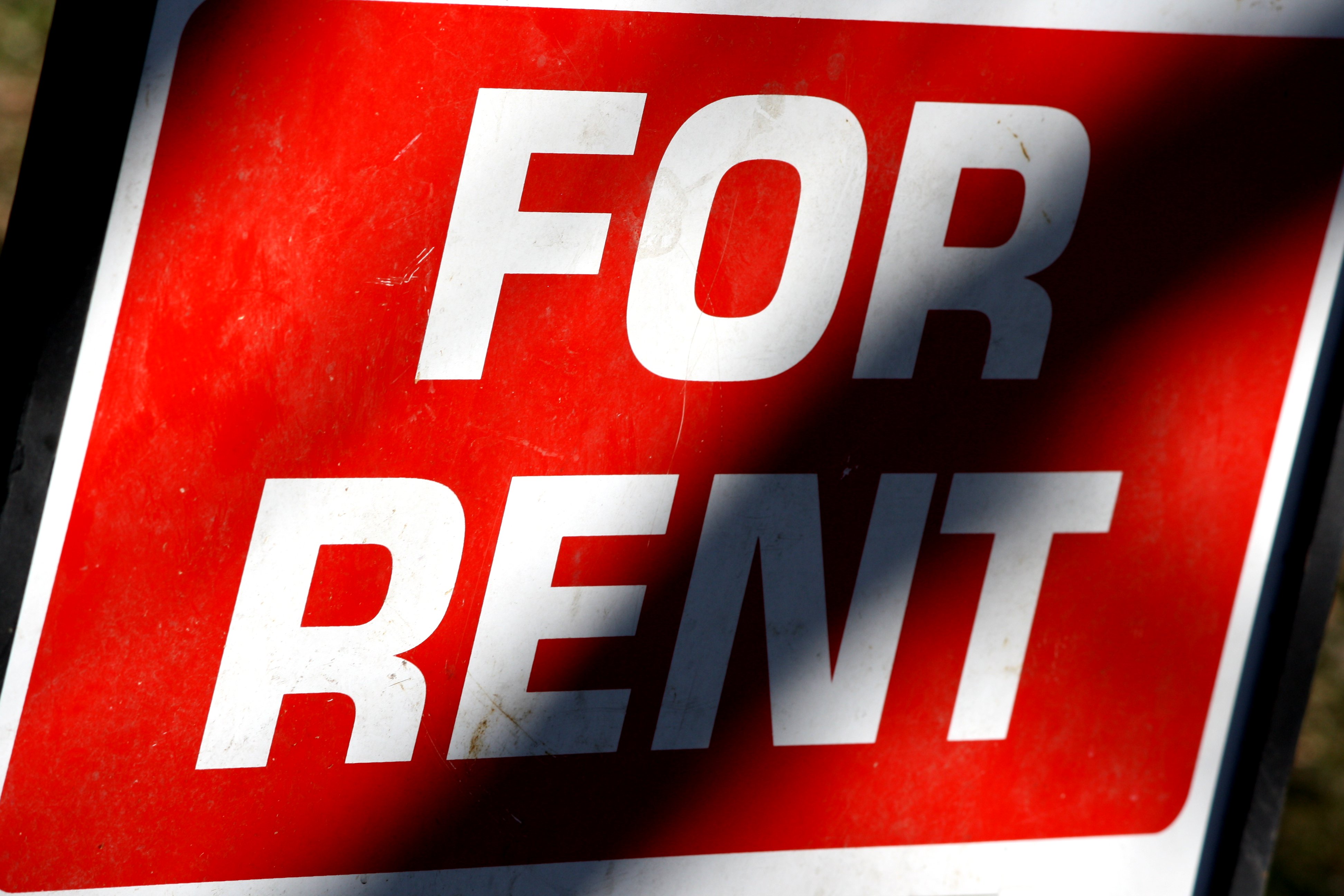
One job is not enough for minimum wage earners who rent in Alaska.
A new study from the National Low Income Housing Coalition shows that Alaska is one of the top ten most expensive states for renters.
The NLIHC estimates the housing wage for Alaska to be $21.37. That’s the “full-time hourly wage that a household must earn to afford a decent apartment at the HUD estimated Fair Market Rent (FMR), while spending no more than 30% of income on housing costs,” according to NLIHC.
The fair market rent for a two-bedroom apartment in Alaska is $1,111 which means a renter has to earn a little under $4,000 a month in order to not spend more than 30% on housing.
At $7.75 an hour, someone earning only minimum wage would have to work 110 hours per week all year long to afford the average fair market rent.
The average renter in Alaska is estimated to earn $16.26 an hour. But even at that rate, 40 hours a week aren’t enough. A renter would still have to work 53 hours a week to make rent and not go over the 30% threshold or have another earner in the house.
The report also estimates that approximately half of renters are unable to afford a two-bedroom apartment at the fair market rent in Alaska.
In Juneau the average rent is closer to $1,300 a month.
NLIHC estimates the average renter in Juneau makes $12.77 an hour. The rent that is affordable at that wage is only $664 a month, a hard number to find in Juneau’s tight housing market.
According to a report by the Juneau Economic Development Council last November, roughly 1,800 renters are paying more than 30% of their income on rent. Most of those households make less than $50,000 each year. The report highlights the need for additional rental housing.
Alaska is the 9th most expensive state for renters while Hawaii tops the list with a housing wage of $32.14. However, the data show there is no state in which a minimum wage earner can afford a two-bedroom apartment at fair market rent.
View the data for Alaska. (All information from NLIHC)
The NLIHC used data from the U.S. Census American Community Surveys (2007-2011)